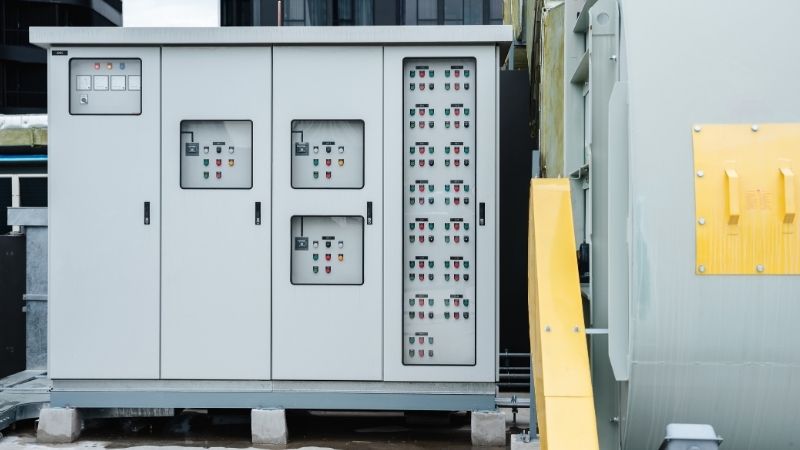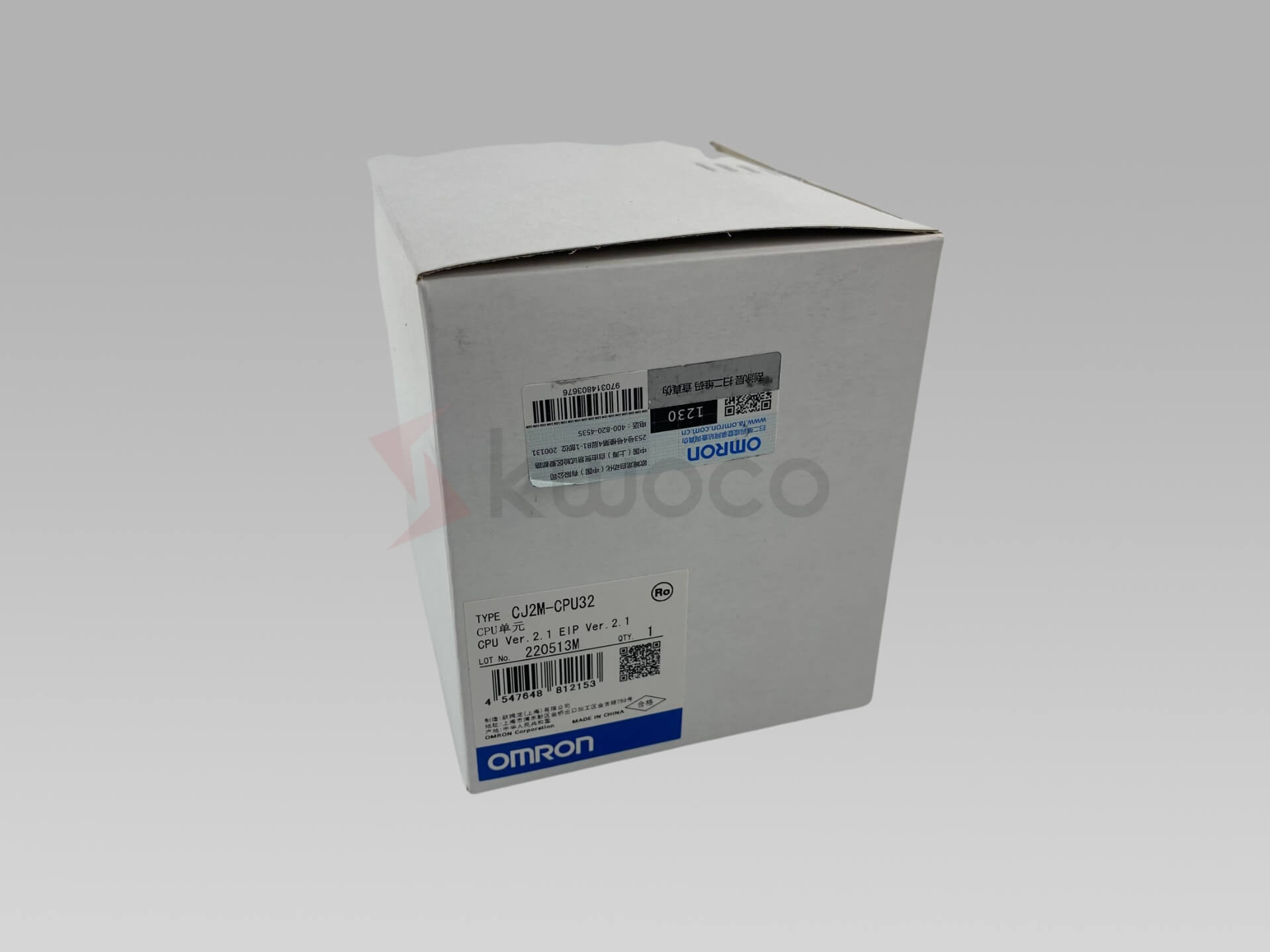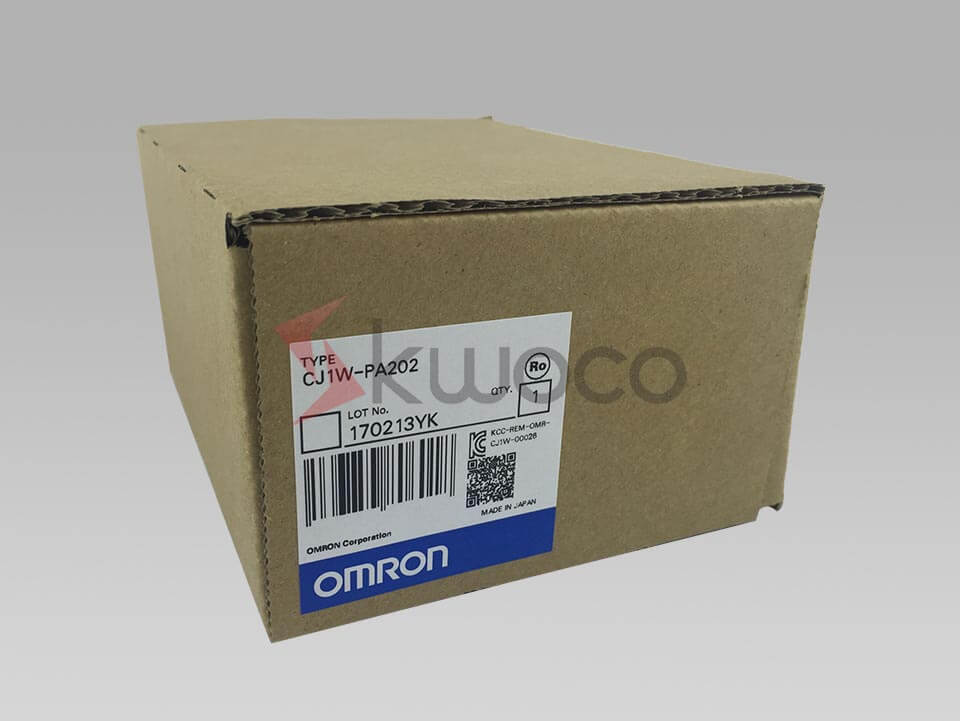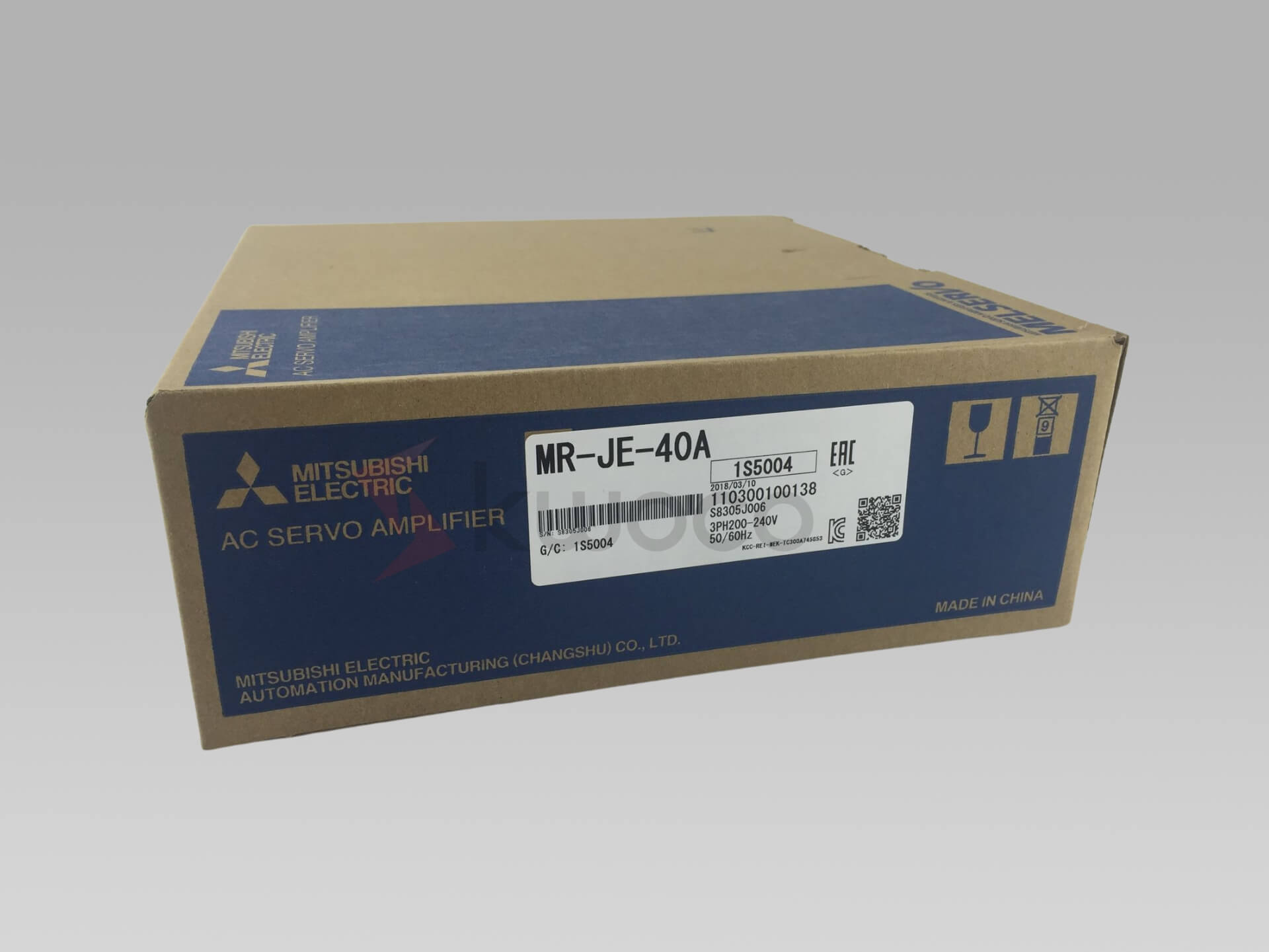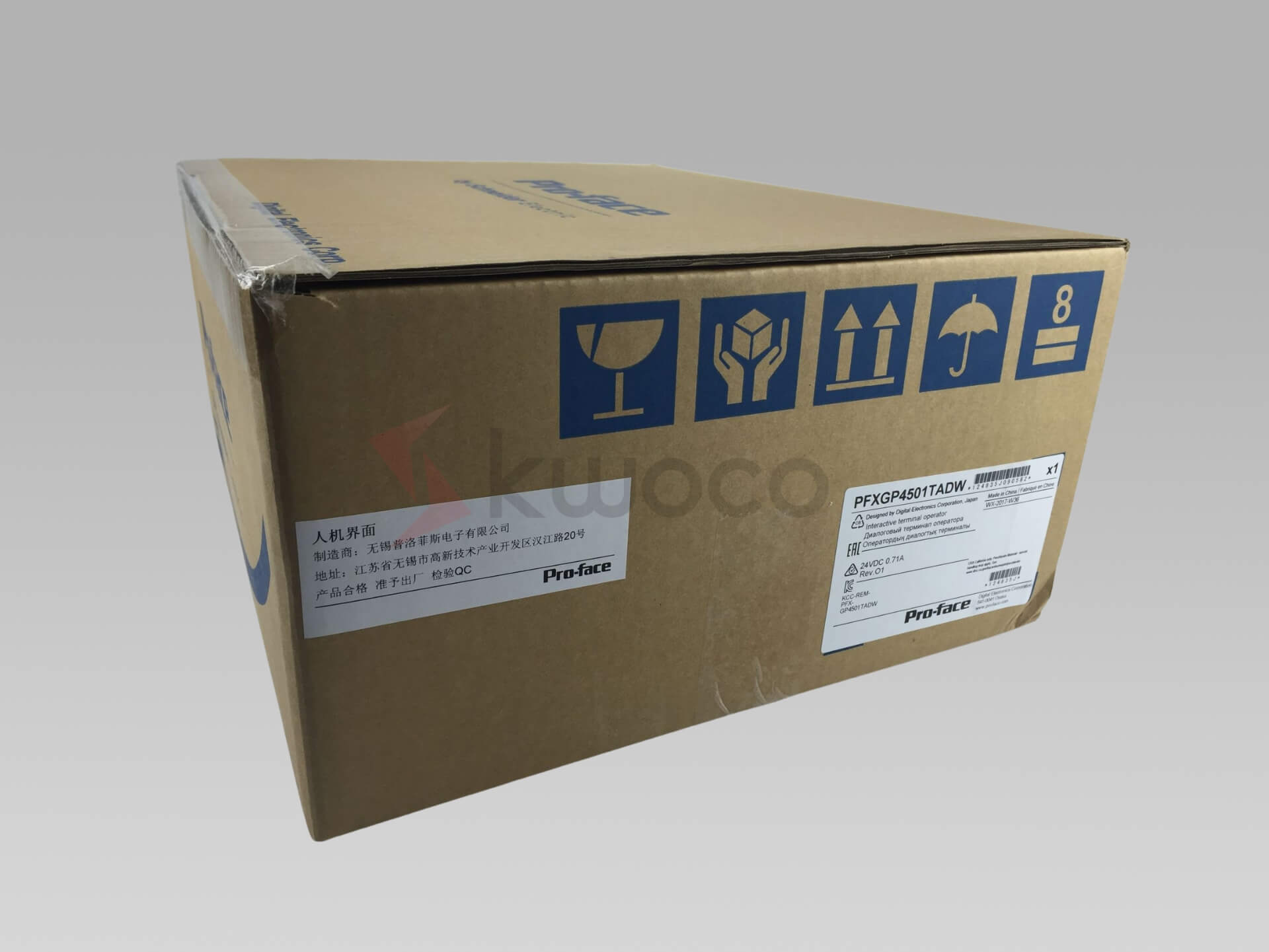Solução de problemas de falhas comuns de CLP: um guia para controladores lógicos programáveis
Este guia investiga as causas comuns de CLP falhas e fornece dicas práticas de solução de problemas para ajudar você a manter o desempenho ideal em seus sistemas PLC.
Índice
O que causa falhas de CLP em sistemas de controle?
Entender as razões por trás das falhas de PLC é crucial para manter sistemas de controle eficientes. Aqui estão alguns problemas comuns que podem levar a problemas de PLC.
Desgaste de componentes internos
Com o tempo, os componentes internos do CLP, como a unidade central de processamento (CPU) e os módulos, podem sofrer desgaste devido à operação contínua.
- Problemas de CPU:Problemas com a CPU podem levar à instabilidade ou falha do sistema.
- Módulos defeituosos: Módulos PLC, incluindo módulos de entrada/saída, podem falhar, causando interrupções no sistema.
- Corrupção de memória do PLC:A memória de um CLP armazena programas e dados; a corrupção pode causar comportamento imprevisível.
Fatores externos e condições ambientais
Fatores externos podem impactar significativamente o desempenho dos PLCs.
- Ruído elétrico e interferência eletromagnética (EMI): Ruído elétrico e EMI podem interromper os sinais dentro do sistema PLC.
- Flutuações de Voltagem: Problemas de tensão podem levar a problemas de fornecimento de energia, afetando a operação do CLP.
- Ambientes industriais severos: A exposição a temperaturas extremas e poeira pode danificar componentes internos.
Erros humanos e práticas de manutenção
Erros humanos e manutenção deficiente podem levar a falhas no CLP.
- Programação incorreta: Erros no programa PLC podem causar mau funcionamento do sistema.
- Manutenção inadequada: Negligenciar reparos e manutenção pode resultar em desgaste despercebido.
- Conexões soltas: Conexões frouxas dentro do módulo de controle PLC ou com dispositivos de campo podem causar problemas intermitentes.
Ao estar ciente dessas causas comuns de falhas de PLC, você pode implementar estratégias para evitar esses problemas e garantir que seus sistemas PLC permaneçam confiáveis.
Como a interferência de ruído elétrico afeta o desempenho do CLP?
A interferência de ruído elétrico é um problema significativo que pode levar a falhas de CLP e instabilidade do sistema.
Compreendendo o ruído elétrico
Ruído elétrico refere-se a perturbações indesejadas que afetam circuitos elétricos.
- Interferência eletromagnética (EMI): Causado por dispositivos como motores, levando a interrupções no CLP.
- Interferência de radiofrequência (RFI): Emitido por dispositivos sem fio e pode afetar a comunicação do CLP.
Impacto em sistemas PLC
- Perda de dados: Ruído elétrico pode corromper dados dentro do PLC.
- Falhas no sistema: Interferência severa pode fazer com que o sistema PLC seja reiniciado ou falhe.
- Falhas intermitentes: Leva a problemas imprevisíveis de CLP que são difíceis de diagnosticar.
Estratégias de mitigação
- Aterramento adequado: Garantir a integridade do aterramento com um fio terra dedicado reduz a interferência.
- Cabos Blindados: Utilização de cabos blindados para minimizar a interferência de ruído elétrico.
- Filtros EMI/RFI: Instalação de filtros para bloquear sinais indesejados.
A implementação dessas estratégias ajuda a evitar que ruídos elétricos interrompam seus sistemas PLC.
Solução de problemas de falhas de módulos em sistemas PLC
Falhas de módulo são um problema comum que pode levar a falhas no sistema de controle PLC.
Identificando falhas de módulo
- Códigos de erro e mensagens de falha: O PLC pode exibir códigos específicos indicando problemas.
- Leituras inconsistentes: Dispositivos de campo podem fornecer dados erráticos.
- Instabilidade do sistema: O sistema pode ficar instável ou apresentar falhas.
Causas comuns
- Problemas de voltagem: Sobretensão ou subtensão podem danificar os módulos.
- Desgaste: O uso prolongado pode causar desgaste dos módulos.
- Conexões soltas: As conexões com módulos ou dispositivos de campo podem ficar soltas.
Etapas de solução de problemas
- Verifique os níveis de voltagem: Certifique-se de que a fonte de alimentação fornece a voltagem correta.
- Inspecionar conexões: Aperte todas as conexões soltas.
- Substituir módulos defeituosos: Troque os módulos que apresentarem sinais de falha.
Ao resolver falhas de módulo prontamente, você pode manter a confiabilidade dos seus sistemas de controle PLC.
A importância da integridade do solo nas operações de PLC
A integridade do aterramento é vital para a operação segura e eficiente dos PLCs.
Benefícios do aterramento adequado
- Reduz o ruído elétrico: Minimiza EMI e RFI, garantindo a integridade do sinal.
- Evita loops de aterramento: Evita caminhos de corrente não intencionais que podem interromper o CLP.
- Aumenta a segurança: Protege contra choques elétricos e danos ao equipamento.
Problemas comuns de aterramento
- Instalação inadequada: O aterramento incorreto pode introduzir mais ruído.
- Corrosão e Danos: Pode comprometer o fio terra, afetando a integridade do aterramento.
Melhores Práticas
- Inspeções regulares: Verifique se há sinais de desgaste nos sistemas de aterramento.
- Use terrenos dedicados: Evita interferência de outros equipamentos.
- Siga os padrões da indústria: Siga as diretrizes para aterramento em ambientes industriais.
O aterramento adequado garante que seus sistemas PLC operem sem interferência de ruído elétrico.
Resolvendo problemas de fornecimento de energia em PLCs
Problemas no fornecimento de energia podem causar interrupções significativas em sistemas PLC.
Problemas comuns de fornecimento de energia
- Picos de energia: Pode danificar os componentes internos do CLP.
- Flutuações de Voltagem: Leva à instabilidade no sistema PLC.
- Falha de energia: Perda total de energia interrompe as operações.
Soluções
- Proteção contra surtos: Instale dispositivos de proteção contra surtos.
- Fontes de alimentação ininterruptas (UPS): Fornecer uma fonte de alimentação de reserva para o CLP.
- Manutenção regular: Verifique se há sinais de falha na fonte de alimentação.
Causas de problemas de fornecimento de energia
- Falha na rede: Problemas de energia externa afetando o fornecimento de energia ao CLP.
- Falha de componente interno: Falhas no módulo de potência do CLP.
- Fatores externos: Condições ambientais causando problemas de fornecimento de energia.
Ao gerenciar proativamente os problemas de fornecimento de energia, você pode evitar falhas inesperadas do PLC.
Perguntas frequentes
Quais são os sinais comuns de falha iminente do CLP?
Os sinais incluem falhas intermitentes, travamentos inesperados do sistema, códigos de erro e comportamento incomum de dispositivos de campo.
Como posso minimizar o ruído elétrico no meu sistema PLC?
Use cabos blindados, garanta o aterramento adequado e instale filtros EMI/RFI para reduzir a interferência de ruído elétrico.
Por que o aterramento é importante para CLPs?
O aterramento adequado reduz o ruído elétrico, evita loops de aterramento e melhora a estabilidade e a segurança do sistema.
O que causa falhas de módulos em CLPs?
As causas incluem problemas de voltagem, desgaste e conexões soltas com módulos ou dispositivos de campo.
Potencialize seus projetos com PLC Omron, Mitsubishi, Schneider novos e originais – em estoque, prontos agora!
Conclusão
Ao entender e abordar esses problemas comuns, você pode manter seus controladores lógicos programáveis funcionando de forma eficiente, garantindo operações suaves em seus processos de automação. Medidas proativas e manutenção regular são essenciais para evitar falhas de PLC e minimizar o tempo de inatividade.
Procurando por PLCs novos e originais para seus projetos? Na Kwoco, estocamos os PLCs mais recentes das principais marcas como Omron, Mitsubishi, e Schneider. Compre com confiança — envio rápido, qualidade garantida! Compre agora
Contate-nos
Basta preencher seu nome, endereço de e-mail e uma breve descrição de sua consulta neste formulário. Entraremos em contato com você em até 24 horas.
Você também pode achar esses tópicos interessantes

Os 5 principais fornecedores de PLC da Omron na França
Trabalho com peças de automação industrial todos os dias na Kwoco. Muitos dos meus clientes na França me perguntam sobre como encontrar fornecedores confiáveis de PLCs Omron. Pode ser um desafio. Você precisa das peças certas, no prazo e de confiança no seu fornecedor. Por isso, decidi escrever este guia. Compartilharei meu conhecimento para ajudar você a encontrar o melhor fornecedor de PLCs Omron para o seu negócio na França.

Por que o isolamento de sinal é crucial para PLCs Omron?
Por que o isolamento de sinal é crucial para PLCs Omron? No mundo da automação industrial, a interferência de sinal é um assassino silencioso.
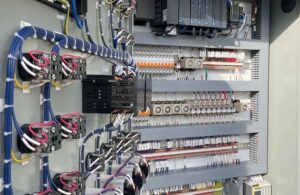
Dominando o modo de operação de um interruptor de temporizador: um guia abrangente
Este artigo se aprofunda nas complexidades dos interruptores de tempo, oferecendo uma compreensão abrangente de seus vários tipos, modos de operação e aplicações. Seja você um engenheiro em uma fábrica de máquinas e equipamentos, um fabricante ou parte de uma empresa de soluções de fábrica, este guia fornecerá insights valiosos sobre como os interruptores de tempo podem aprimorar seus processos de automação industrial.


